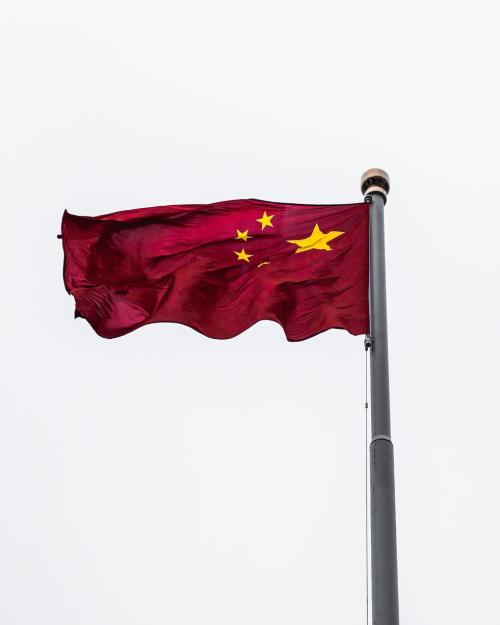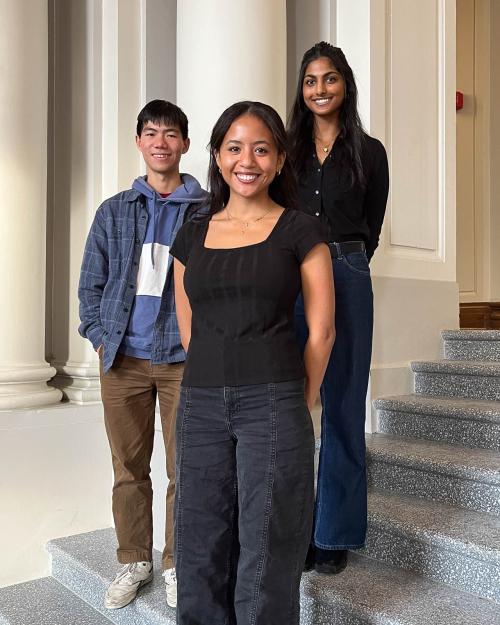Economists from around the world will come to campus Oct. 3-5 to explore the changing global economy.
“The World at a Turning Point: Cornell Conference on Development Economics and Law” is open to the public and will feature such noted speakers as Pedro Conceicao, director of the Human Development Report Office for the United Nations Development Programme and Luis-Felipe Lopez-Calva PhD ‘99, global director for poverty and equity at the World Bank Group.
Speakers will focus on the changing nature of labor markets, technological progress, inequality, climate change and related laws and regulations. The event is a collaboration between CRADLE, a research group in the Mario Einaudi Center for International Studies, and the Department of Economics in the College of Arts and Sciences.
“People are speculating (and I agree) that with the rise of artificial intelligence and digital technology, and the declining demand for labor, the global economy is in a crisis,” said Kaushik Basu, professor of economics and the Carl Marks Professor of International Studies in the Department of Economics (A&S) and the SC Johnson College of Business and the organizer of the conference. “It’s not like a stock market plunge that makes headlines, but it’s a slow simmering crisis that’s building up. It is time to think out of the box.”
Basu sent out a call for papers for the conference, receiving more than 130 submissions for the 40 spots. He also invited specific presenters.
“The economic crisis is being felt all over, but what escapes our attention is the developing countries, such as those in sub-Saharan Africa and parts of Asia and Latin America,” Basu said. Because the situations in those countries aren’t making headlines, a conference like this one can pull together economists from across the world to think about these challenges, he said.
The conference will include prominent economists like Rachel Kranton and Leonard Wantchekon, and also policymakers Conceicao and Lopez-Calva.
“Pedro is a brilliant scholar and he directs the UN’s annual human development report, that is vocal about global inequality and climate challenge, which often other international organizations don’t do enough of,” Basu said. “And Lopez-Calva is a progressive voice for activism for poverty eradication around the world.”
The conference will also include a colloquium in honor of the retirement of Gary Fields, emeritus professor of international and comparative labor in the School of Industrial and Labor Relations, whom Basu refers to as “one of the most prominent labor economists in the world.”
Fields won the 2014 IZA Prize in Labor Economics, the top world-wide award in the field, and taught at Cornell for 50 years. He’s published close to 200 books and articles and is active in public service and consulting, winning numerous grants and contracts from the World Bank, Asian Development Bank, Inter-American Development Bank, International Labor Organization and the United Nations.
Basu draws parallels between our current situation and the industrial revolution.
“We look at the benefits of that time, but we forget that the first 50-60 years was sheer turmoil — child labor rising, polluted skies, the world did not know how to manage this technological transformation,” he said. “Fortunately, there were great thinkers. Some of the biggest breakthroughs in economics took place during that 100 years.”
Those challenges forced people to go back to the drafting board, he said.
“I’m hoping the talks at our conference will shed light on today’s challenges of labor and on global law and regulation pertaining to technology,” he said.
The public is invited to attend and no registration is required. A schedule of the three-day event can be found online. All talks will take place at the Statler Hotel on campus





